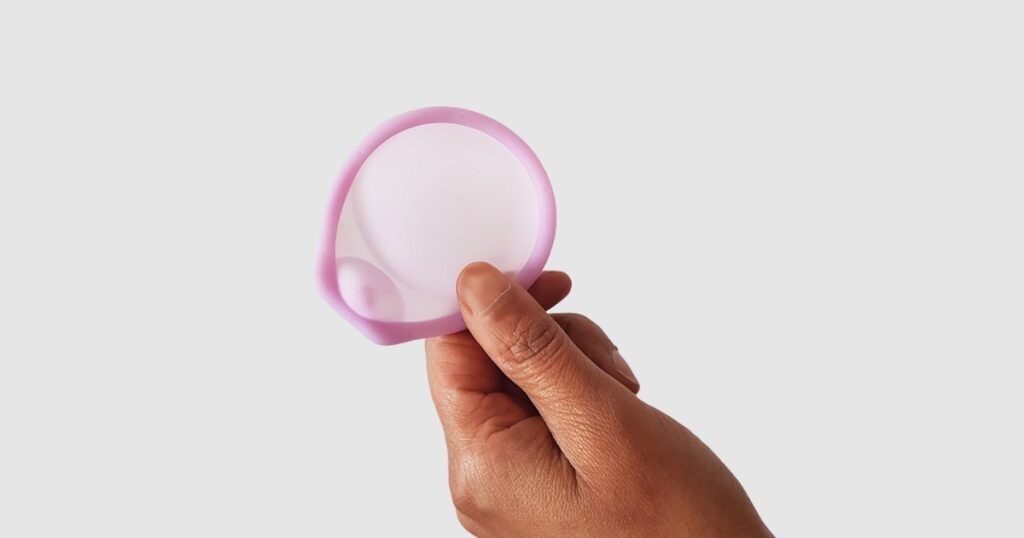What is a Diaphragm?
A diaphragm is a type of contraception used to prevent pregnancy. It is a soft silicone dome-shaped device that is inserted into the vagina to cover the cervix and create a barrier to prevent sperm from entering the uterus.
How Does a Diaphragm Work?
During sexual activity, the diaphragm acts as a physical barrier, preventing sperm from reaching the egg. This method, known as a ‘barrier method' of contraception, requires the diaphragm to remain in place for at least 6 hours after intercourse and should not be left in for longer than 24 hours. It can be reused and typically lasts up to 2 years with proper care.
Types of Diaphragms Available
In Australia, the Caya diaphragm is the only type available. It comes in one size and is accompanied by lactic acid gel, which should be applied to the dome before insertion. If the diaphragm is not suitable for an individual, a doctor can recommend alternative forms of contraception.

Effectiveness of the Diaphragm as Contraception
When used correctly, diaphragms are fairly effective, but they are not as reliable as contraceptive implants or intrauterine devices (IUDs). Approximately 1 in 5 individuals using a diaphragm may become pregnant. Combining the diaphragm with another barrier method, such as a condom, can enhance its effectiveness in preventing pregnancy.
Factors Affecting Diaphragm Effectiveness
Several factors can reduce the diaphragm's effectiveness in preventing pregnancy, including incorrect placement, displacement during sex, damage, or improper use. Removing the diaphragm before 6 hours have passed after intercourse also increases the risk of pregnancy. Regularly checking for damage before each use is important to ensure its effectiveness.
Advantages and Disadvantages of Diaphragms
Advantages of diaphragms include their hormone-free nature (suitable for breastfeeding individuals), the need for use only around the time of intercourse, reusability, and cost-effectiveness. However, they are less effective than many other forms of contraception, can be challenging to insert, may cause discomfort, and do not protect against sexually transmitted infections (STIs). Additionally, diaphragms are not recommended for use during menstruation and should be avoided by individuals with a history of toxic shock syndrome.
